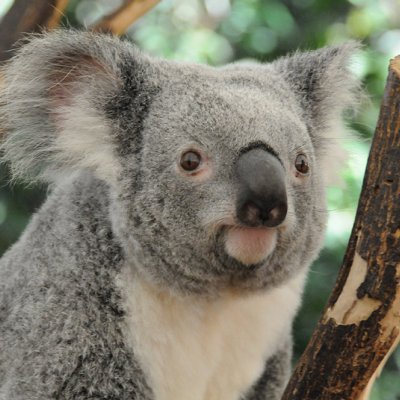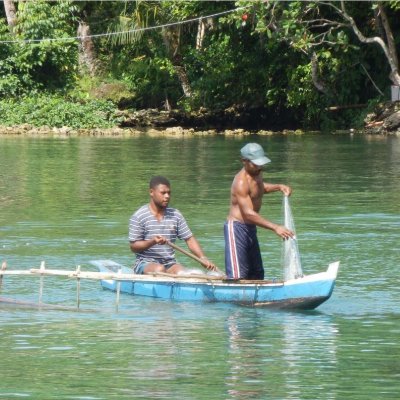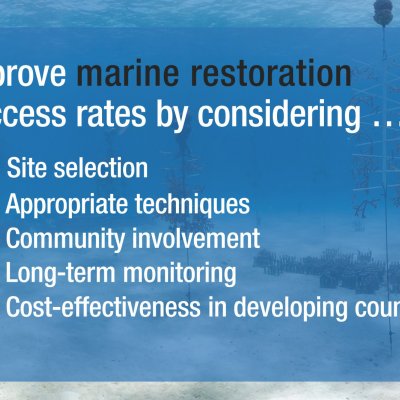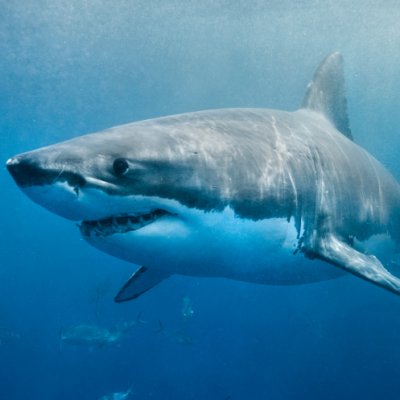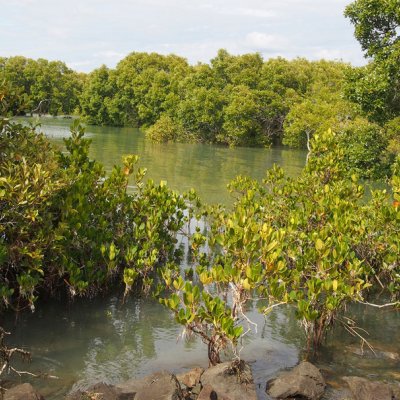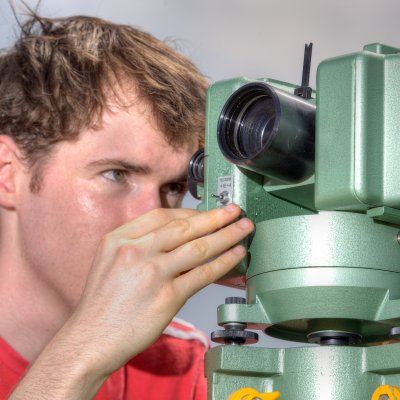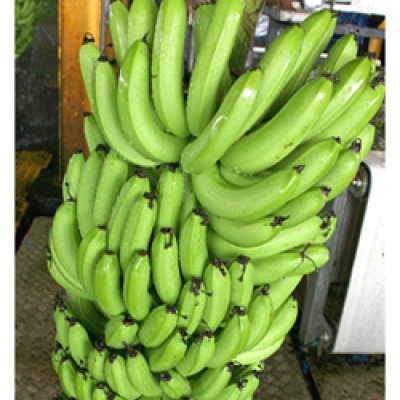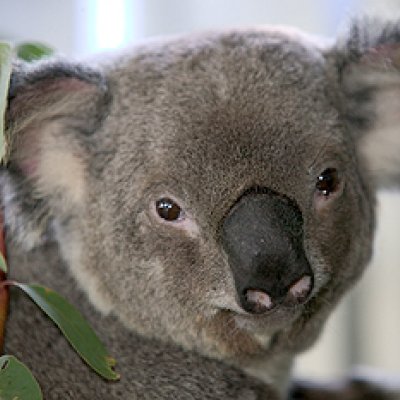Mega-droughts – droughts that last two decades or longer – are tipped to increase thanks to climate change, according to University of Queensland-led research.
30 October 2020The current technique used for counting lion populations for research and conservation efforts doesn’t add up, according to a University of Queensland researcher.
18 June 2020Research into the toxin of the world’s only venomous primate, the slow loris, is shedding light on the potential origins of the allergic qualities of cats.
5 February 2020Flexible jaws may help wombats better survive in a changing world by adapting to climate change’s effect on vegetation and new diets in conservation sanctuaries.
5 November 2019Deforestation in Colombia has been linked to armed conflict and forests’ proximity to coca crops, the plant from which cocaine is derived.
13 August 2019The world needs a new international protected area target based on scientific evidence, according to a team including University of Queensland scientists.
11 April 2019The fossils of two extinct mice species have been discovered in caves in tropical Queensland by University of Queensland scientists tracking environment changes.
24 September 2018One-third of the world’s protected land is under intense human pressure, according to an international study described as ‘a stunning reality check’ on efforts to avert a biodiversity crisis.
18 May 2018Cars and chlamydia were the top causes of a dramatic rise in south-east Queensland koala deaths over the past two decades, according to a new University of Queensland-led study.
21 February 2017Australia’s food-centric culture – illustrated by the popularity of dining out, healthy eating and television cooking shows – will benefit from a new $1 million facility at The University of Queensland.
9 February 2017Millions of people who depend on fisheries will benefit if targets to protect coastal marine areas in reserves are doubled or trebled.
6 January 2017Researchers have distilled 40 years of coastal marine restoration studies into a set of powerful guidelines for anyone hoping to rejuvenate coastal habitats.
9 June 2016One of the most feared animals on earth will be the subject of a new University of Queensland and Cornell University Massive Open Online Course (MOOC).
27 May 2016Mangrove forests around the Indo-Pacific region could be submerged by 2070, according to international research published today.
15 October 2015Joshua Soderholm loves a good thunder storm. It means he can head into the field and collect data for a University of Queensland research project that could lead to more accurate warnings of South East Queensland’s unpredictable and destructive...
25 November 2013A TEAM led by UQ’s Queensland Alliance for Agriculture and Food Innovation has developed a comprehensive research program aimed at protecting Australia’s $450 million banana industry.
26 April 2012Researchers from The University of Queensland and the University of Vienna have found that the bellowing sound male koalas make can communicate their size to a potential mate.
30 September 2011UQ/CSIRO researcher Dr Eve McDonald-Madden is one of three winners of L'Oreal Australia for Women in Science Fellowships for 2011 announced this evening.
23 August 2011A surprise discovery made by UQ researchers will come full circle during NAIDOC Week celebrations next Monday.
1 July 2011School students across the globe will explore one of our most critical resources as part of the world’s largest science experiment, with a UQ lecturer leading the project in Australia.
8 April 2011- 1 of 2
- next ›
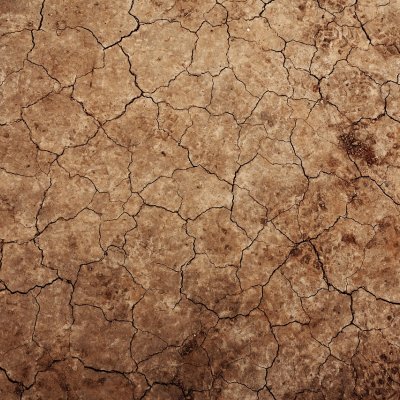

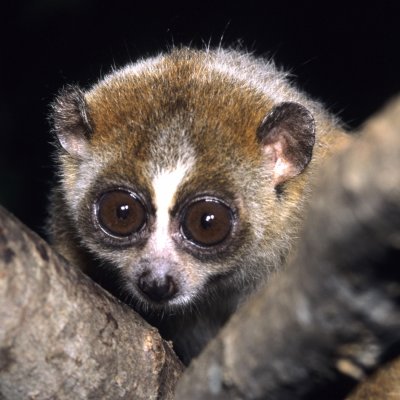
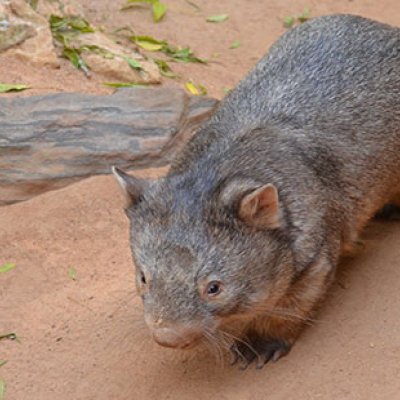
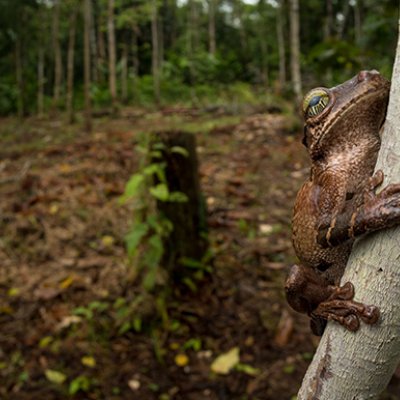
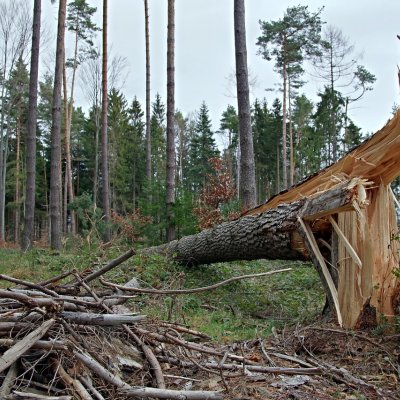
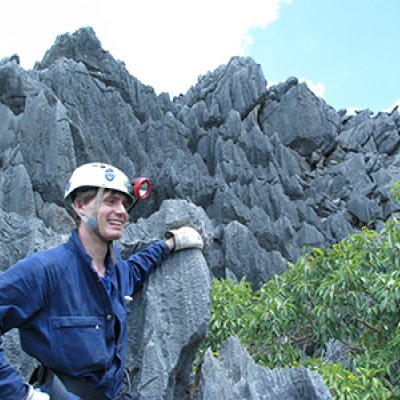
.jpg?itok=2PbcZxsR)
